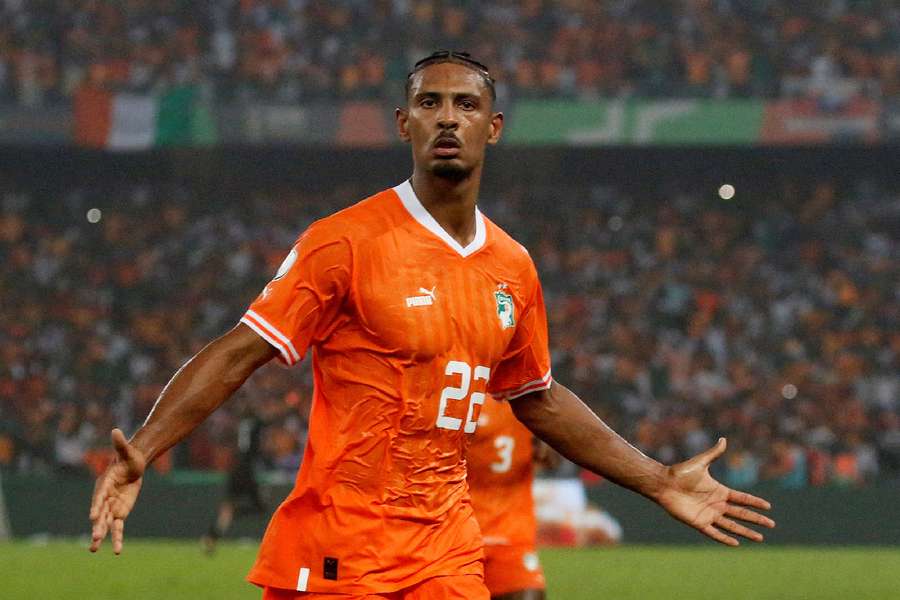Ivory Coast’s place in AFCON final ends decades of home misery

It has been one of the many peculiarities of the African championship that host countries have struggled for success despite having all the advantages of playing at home.
The Ivorians' 1-0 win over the Democratic Republic of Congo in Wednesday’s semi-final has set up a decider against regional rivals Nigeria in Abidjan on Sunday and the chance to deliver on an investment in stadiums and other infrastructure estimated to be over $1-billion.
The last eight hosts of the biennial tournament have all failed to win the cup, with none even reaching the final since 2006.
Ghana in 2008, Equatorial Guinea in 2015 and Cameroon two years ago at least made it to the semi-final but then exited without scoring in their last four game.
Gabon in 2017 did not make it past the first round, putting a major dampener on the tournament.
The Cup of Nations has seen an increase in away supporters at this edition in the Ivory Coast, but the continent’s vast distances and pricy travel costs make travelling fans a rarity, in contrast to significant support that teams take with them in the European Championship.
Past editions where the host country has exited early have led to low attendance. In Tunisia in 1994, where the hosts failed to get past the group stage, military conscripts were drafted in to fill the seats, creating an unusual backdrop of spectators wearing the same brown uniform for the final.
A third of the 33 past editions of the Cup of Nations, first started in 1957, have been won by the home team, mostly riding a wave of emotive support.
Newcomers South Africa did so in 1996, cheered on by their president Nelson Mandela wearing the team’s strip as he had done one year earlier when the Springboks won the Rugby World Cup, while Tunisia’s win in 2004 was greeted by giddy street celebrations.
The Ivorians were jeered last month by their own fans when they were humiliated by tiny Equatorial Guinea in the group stage, almost going out early but eventually squeezing through as the last of the best third-placed finishers.
But they have quickly won back the confidence of their supporters and Wednesday's win over the Congolese was raucously celebrated, leading to a three-hour traffic jam for travellers back to the city centre, some 20km south of the stadium on the outskirts of Abidjan.
